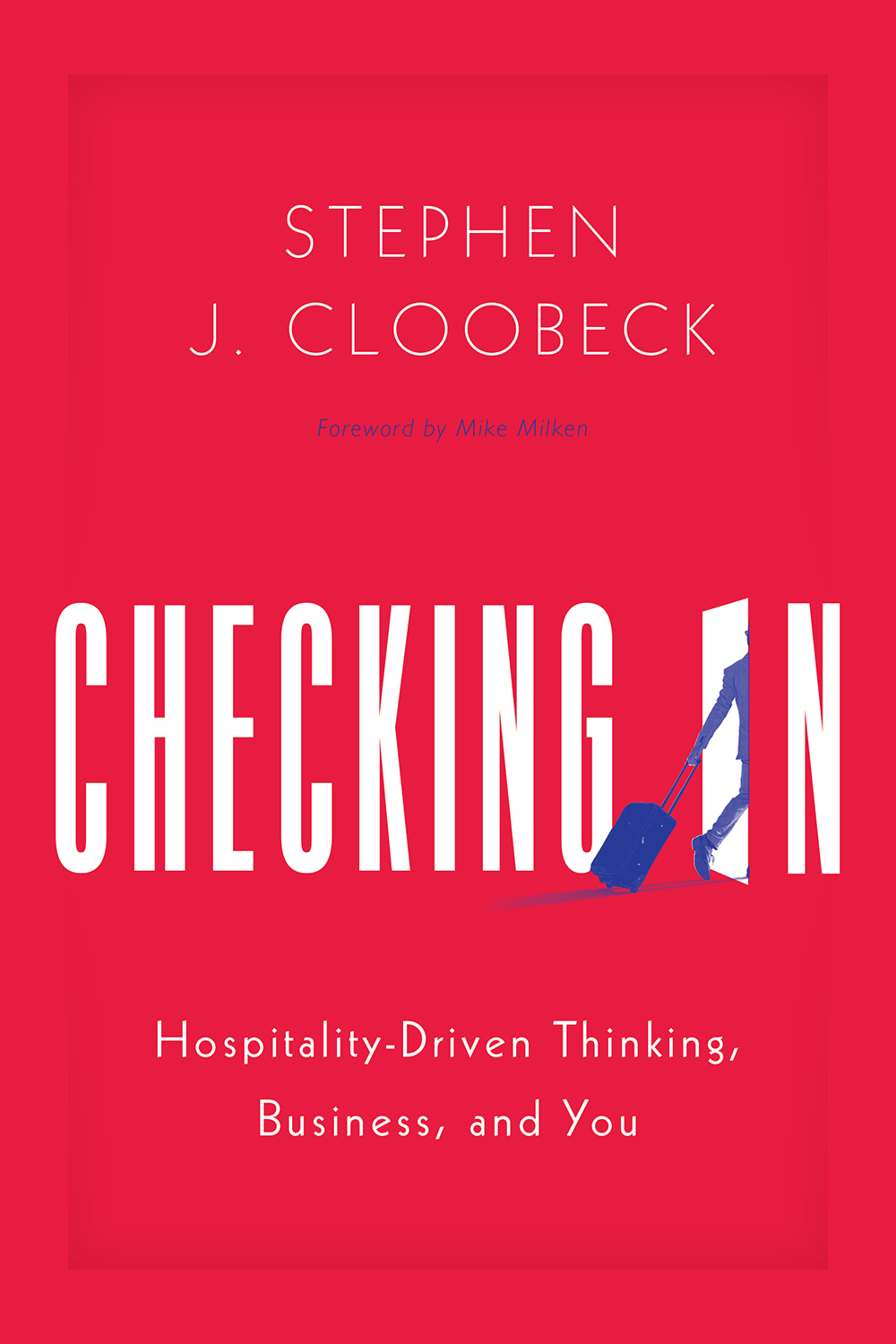Consider the traditional American shopping mall, not ironically, the place where I started my own career in real estate development after college. In retail, online giants like Amazon are increasingly dominating the market for everyday errands and purchases like groceries, hardware, and supplies. The malls I developed (traditional commercial strips) don’t match the convenience and speed of ordering everything you need with the click of a computer mouse.
In spite of this fact, mall developers like Westfield (now owned by French real estate giant Unibail-Rodamco), Simon, and Caruso are all experiencing a veritable renaissance. They’re creating places – and along the way, employment positions – bent on being destinations, not dead ends; customer-service leaders, not shopping-cart collectors. By focusing on creating experiences, they’re taking the American mall from somewhere you had to go, to a place of community where you want to spend your time. These spaces are no longer just centers of transaction, but centers of interaction.
And you can’t do that without people, or, in a more attenuated fine point, people who enjoy and derive meaning from taking care of others and creating experiences for them.
It’s not just retail or customer service. It’s the nurses who check on patient vitals and perform the critical task of making patients feel at ease. It’s the police officers who don’t just protect our towns and cities but are increasingly being tapped as liaisons from one neighborhood to another and as community builders when other social services fail. It’s teachers, principals, and school administrators who are embracing personalized education, understanding that just because no two children learn the same doesn’t mean one is inferior in ability or potential.
Let’s be clear. This is not easy work. I should know – I’ve seen and experienced it firsthand.
My father, Sheldon, who recently passed, found himself in the throes of advanced Alzheimer’s disease in his later years. There were days when he didn’t know what week, month, or year it was, let alone where he was or who I was. But I considered myself lucky. I had the means to turn my home into an inpatient facility for him, so he had the medical care he needed, the comfort he deserved, and the patience, attention, and management that gave both him and me peace of mind.
When my father used to doze off or was content watching a movie, I had the opportunity to talk with his caretakers. I’d gotten to know their stories and even their families, and, in certain circumstances, had the opportunity to ask them about how they found themselves in their caretaker profession.
The one theme I heard most often, not just in relation to working with my father, but in past positions and assignments, is that the work can be grueling: early mornings, late nights, periods of waiting, mundane and repetitive questions. But the moments of connection can be more than just professionally rewarding; they can be nothing short of life-affirming and transcendent.
A nurse holding a baby in the NICU. A police officer de-escalating an altercation without force but through communication. A teacher helping a student learn a new concept, skill, or idea that the student hadn’t been able to master before. A hospitality professional creating environments and experiences that put a traveler at ease. That’s the work that we need now and more than ever. And that’s the work we need to show more appreciation for now more than ever.
Earlier this year, I was crossing a walkway in Los Angeles when – boom! – out of seemingly nowhere, I found myself flung upward several feet into the air. A driver who hadn’t been paying attention – we have reason to think he was texting – cruised through the intersection at approximately 35 miles per hour. He didn’t stop when pedestrians, myself included, had the right of way. Luckily, I was the only one hit. No one else was hurt.
When I came to, I had a gash on my face over an inch long and ached from toe to torso. I’m tough, but admittedly, I was comforted by the legion of first responders who had already appeared on the scene. Next thing I knew, I was off to the hospital.
The following day and countless stitches later, I went to the local engine house to thank the firefighters who had taken care of me. At first, they were confused, even startled. Had I lost something? No, I assured them. I was here to thank them in person, to simply shake their hands.
“No one does this,” they explained. “No one comes back the next day to say thank you.”
We all should be deeply startled by this reaction – one that I unfortunately expect is not limited to firefighters, Los Angeles, or this particular story. When it’s too easy to send a text, shoot off an email, or simply not respond at all while hiding behind the shields of our technological devices, simple human-to-human shows of respect and recognition are even more valuable.
The simple truth is that as technology removes many of the informational barriers, real-world demand will only continue to grow for workers with empathy, social skills, and – dare I suggest it – an innate sense of hospitality. It’s about doing what’s right, in the moment, to the best of our ability, regardless of precedent.


